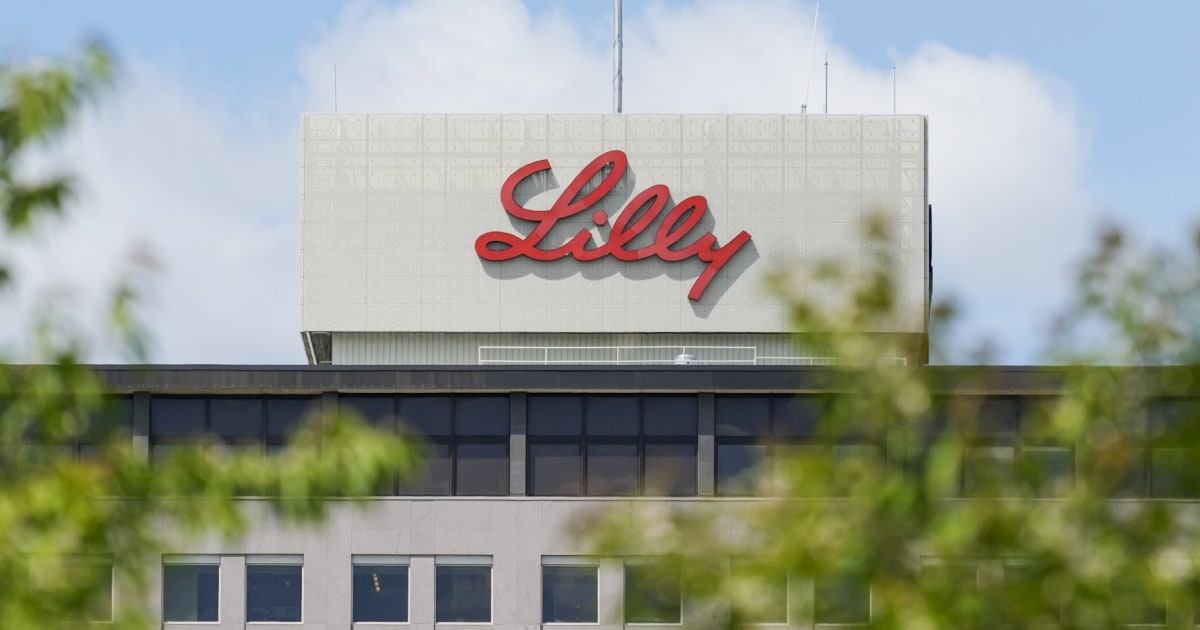
Eli Lilly’s weight loss drug cut the risk of developing Type 2 diabetes by 94% in prediabetic adults who were overweight or obese after three years of weekly injections, the company disclosed in a statement on Tuesday.
The Indianapolis, Indiana-based company said the data comes from the longest completed trial of the drug, adding that it reinforces the long-term benefits of tirzepatide — the chemical name of its Zepbound and Mounjaro treatments.
Shares of the company rose 1.6% to $936.25 in premarket trading. The stock has risen sharply in recent years, driven by the high demand for weight-loss treatments, establishing Lilly as the largest drugmaker by market capitalization.
Early results from the late-stage trial, “SURMOUNT-1,” were initially disclosed in 2022. The data at that time, which showed the drug helped significantly cut weight in obese patients, helped it snag U.S. regulatory approval.In the trial involving 1,032 adults, patients who received weekly injections of the Lilly drug showed a 94% reduction in the risk of progression to Type 2 diabetes compared to placebo up to week 176.
The data comes amid concerns that patients reduce the use of weight-loss drugs over time.
Reuters reported in July that only 1 in 4 U.S. patients prescribed Novo Nordisk’s Wegovy or Ozempic for weight loss were still taking the popular medications two years later.
Both Eli Lilly and rival Novo Nordisk have been pushing to extend the use of their obesity drugs to related conditions such as sleep apnea and heart conditions.
Treatment with tirzepatide, the chemical name for Lilly’s obesity drug Zepbound and diabetes treatment Mounjaro, resulted in an average weight reduction of 22.9%, compared to just 2.1% for the placebo, the company said.
The company said the safety profile of the drugs was consistent with previously published data.






